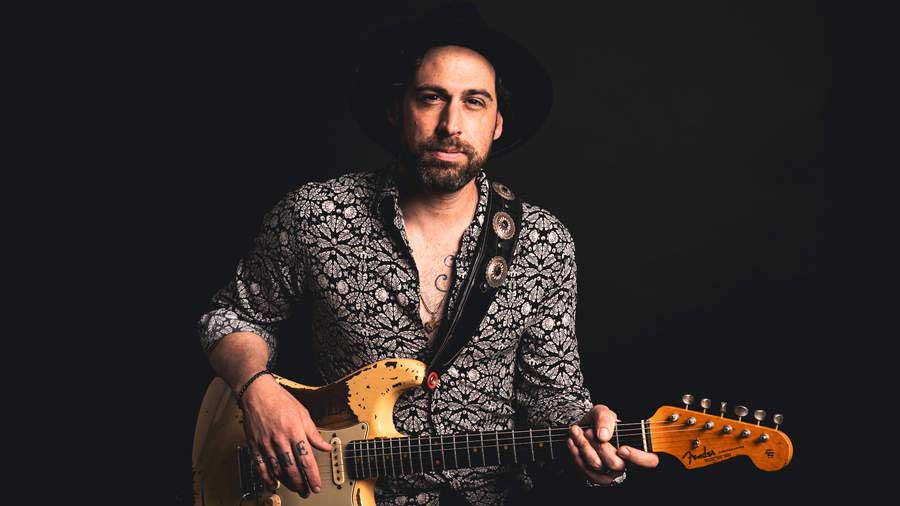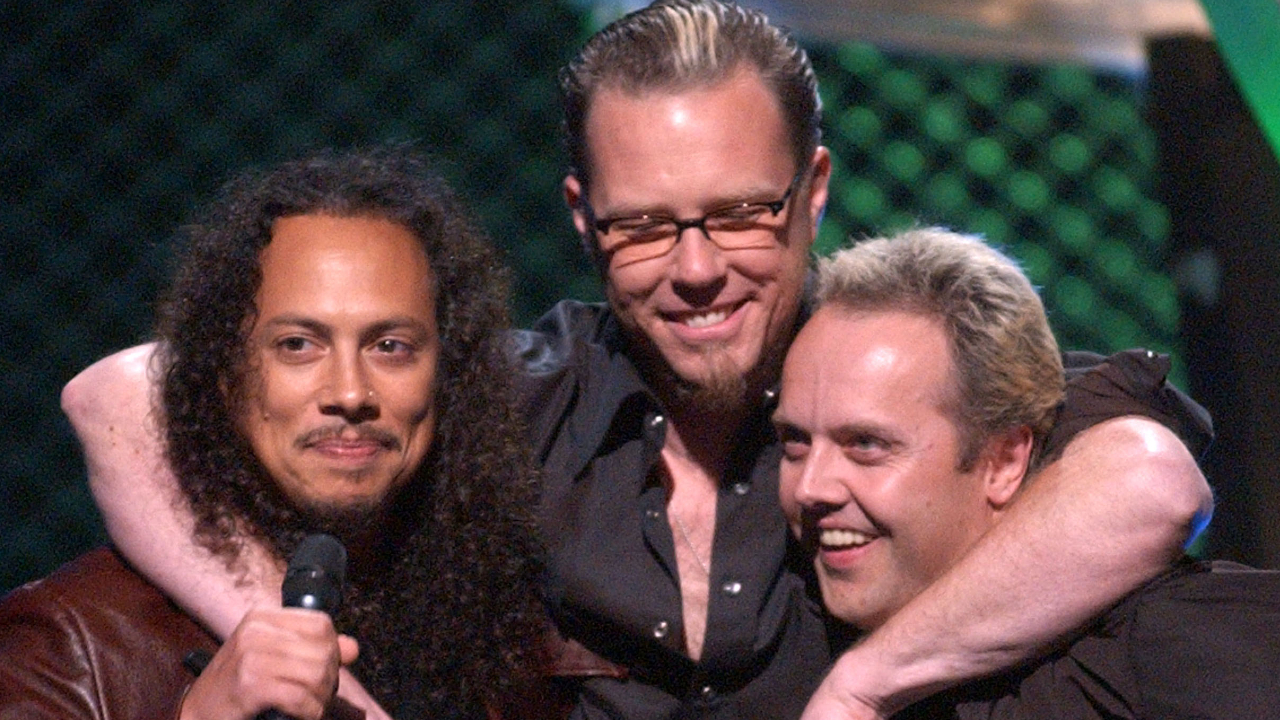Dan Patlansky: "I thought I’d be playing the Royal Albert Hall by the time I was 40"
South African blues-rocker Dan Patlansky on corrupt governments, nursing his wife and giving up smoking

Schooled in the Delta masters – but with a hint of Audioslave’s stomp and Lenny Kravitz’s soul-man bark – Dan Patlansky’s rocketing profile after 2014’s breakthrough Dear Silence Thieves led to him opening for Bruce Springsteen.
More recently, helping his wife through illness and despairing at his nation’s mishandling of covid relief funds have given him food for thought. But despite the bristling tone of his new album Shelter Of Bones, Patlansky is a playful livewire at interview.

What subjects did you write about on Shelter Of Bones?
There’s some social commentary. Soul Parasite isn’t about Donald Trump, but it seemed like at that point – and still now – in the world of politics everyone had lost the plot. Snake Oil City is about how the South African government don’t even hide the corruption any more, it’s just done in broad daylight.
Tell us about the song Lost.
A few years ago, my wife was having stomach pains. The doctors didn’t know what was wrong. One expert said it could be cancer. When I hear about these awful outcomes, my brain snowballs in the wrong direction. You’re in the darkest place. At that time, songwriting seemed a good release. It was unbelievable to get the news that it was nothing serious. Her stomach lining had taken a knock from some medication. But Lost came out of that moment of thinking the worst.
And Selfish Lover is about quitting smoking, right?
Sign up below to get the latest from Classic Rock, plus exclusive special offers, direct to your inbox!
I wrote that song in October of 2020, then I gave up for nine months. But one night I had too many glasses of wine and I was back off the wagon. So I felt like the world’s biggest fraud. But I’m happy to say that I’ve given up again since then. The biggest motivator was the difference in my voice. It was just night and day.
Haven’t you tried vaping?
I tried that many years ago, and all that happened was that I vaped and smoked, so I was getting three times the nicotine into my body. I seem to be an all-or-nothing person.
It’s probably good that you’ve never got into hard drugs.
Yeah. I’ve always known that I have an addictive personality. In many ways that’s a good thing, because I’m addicted to practising the guitar. But if I took heroin – and liked it, which I probably would – then I am done for.
You’ve just turned forty. Did you have an existential crisis?
It was a tough day. I didn’t go buy a Harley-Davidson or cheat on my wife. But you re-evaluate your life. I thought I’d be playing the Royal Albert Hall by the time I was forty. But it’s cool. You kind of get over it.
Who are your role models and what are cautionary tales for getting old in rock’n’roll?
I had a few guitar heroes growing up here in South Africa. Unbelievable musicians. But these guys drank their way into a deep, dark hole. They’re old now, and that always scared me – to be in your seventies and on the bones of your backside money-wise. I don’t know who has had a better career than Eric Clapton. The guy has been relevant since the sixties.
Henry Yates has been a freelance journalist since 2002 and written about music for titles including The Guardian, The Telegraph, NME, Classic Rock, Guitarist, Total Guitar and Metal Hammer. He is the author of Walter Trout's official biography, Rescued From Reality, a music pundit on Times Radio and BBC TV, and an interviewer who has spoken to Brian May, Jimmy Page, Ozzy Osbourne, Ronnie Wood, Dave Grohl, Marilyn Manson, Kiefer Sutherland and many more.

